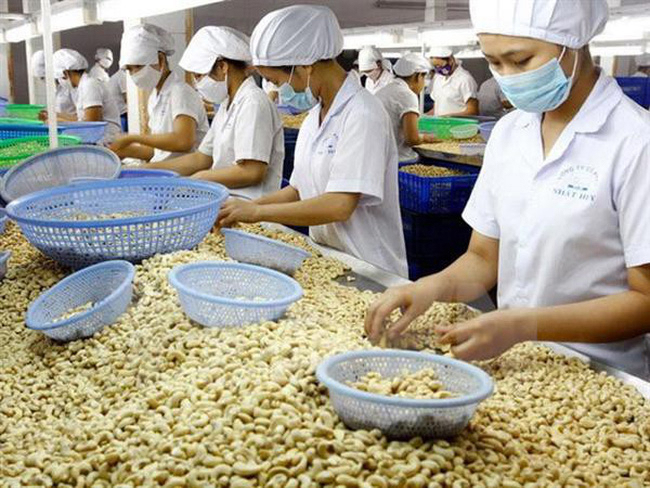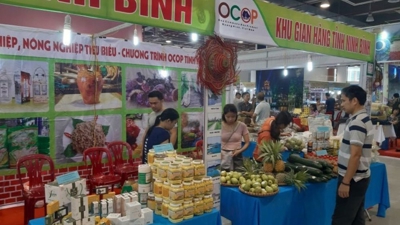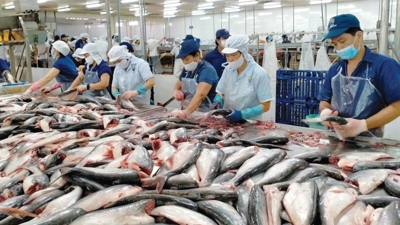Ample room for trade growth between Vietnam and Russia, Belarus
Areas like agricultural products, processed foods, pharmaceuticals, and medical devices, are in high demand in Russia.

To further penetrate the markets of the Russian Federation and the Republic of Belarus, Vietnamese exporters are encouraged to actively participate in trade promotion programs and fully utilize tariff preferences under the Eurasian Economic Union (EAEU) Free Trade Agreement.
At a recent workshop titled "Promoting Exports to the Markets of the Russian Federation and the Republic of Belarus," Mr. Duong Hoang Minh, Vietnamese Trade Counselor in Russia, noted that Vietnam is currently Russia’s largest trading partner in ASEAN.
Mr. Minh emphasized substantial untapped potential in bilateral trade, particularly in areas like agricultural products, processed foods, pharmaceuticals, and medical devices, which are in high demand in Russia.
Meanwhile, Mr. Vyacheslav Kharinov, Russia’s Trade Representative in Vietnam, highlighted the popularity of Vietnamese products—notably plastics, cashews, and natural rubber—as well as the rising appreciation for Vietnamese cuisine among Russian consumers.
Belarus presents a promising market for Vietnamese goods, particularly in categories where it lacks local production advantages—such as consumer products and tropical agricultural goods.
In return, Vietnam primarily imports potash fertilizers, mechanical components, chemical products, transport equipment, and pharmaceuticals from Belarus—high-quality inputs that play a crucial role in supporting Vietnam’s domestic production sectors.
According to Mr. Aleh Holubeu, Counselor of the Embassy of the Republic of Belarus in Vietnam, the current scale of bilateral trade remains modest. However, both countries are actively implementing a range of cooperation programs in areas including trade promotion, logistics, and e-commerce. These initiatives aim to expand market access channels and help businesses capitalize on tariff preferences available through the Vietnam–Eurasian Economic Union (EAEU) Free Trade Agreement.
According to Mr. Minh, many Vietnamese businesses lack timely access to market information and face challenges in directly connecting with local distribution networks. As a result, most enterprises continue to rely on intermediary importers, limiting their ability to control target markets, enhance brand visibility, and establish stable sales channels.
In this context, several key strategies should be prioritized: promoting direct exports to reduce dependence on intermediaries, strengthening partnerships with local distribution systems in Russia and Belarus, identifying competent logistics providers to ensure reliable and efficient delivery, improving product labeling and packaging to meet local consumer expectations and regulatory standards, accelerating digital transformation in trade promotion activities, and developing product branding in the local language to build consumer trust and recognition
To enhance export performance in Russia, businesses are encouraged to actively participate in trade exhibitions to connect with potential buyers and gain market insights; conduct comprehensive due diligence on prospective partners to avoid fraud; establish legally sound contracts with clear terms for compliance, delivery, and payment; and utilize sea and rail transport routes to optimize shipping costs and delivery times.







